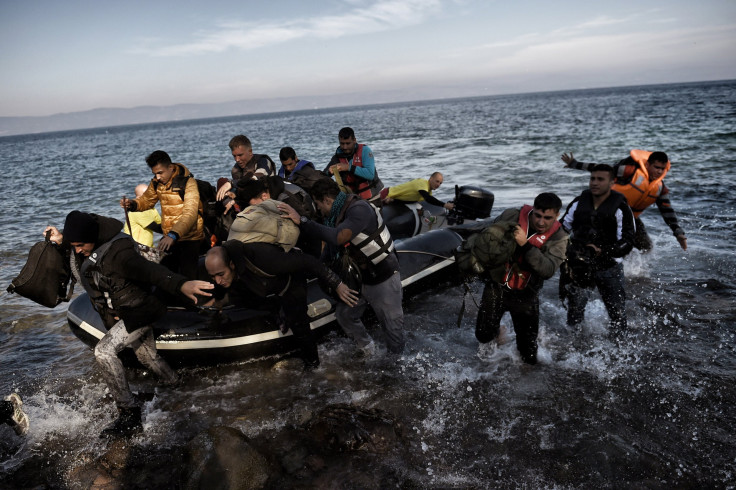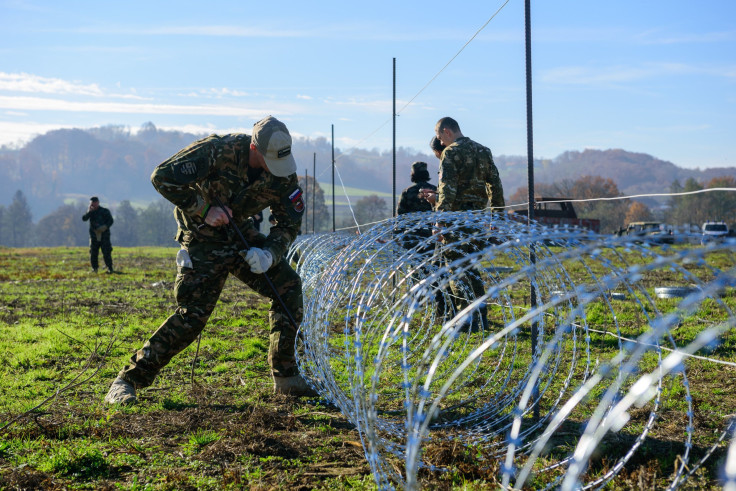Europe's Refugee Crisis: Malta Summit Brings Together Leaders From Africa, EU

Over 50 leaders from Africa and the European Union are meeting in Malta Wednesday for a two-day summit to try and find a solution to the burgeoning refugee crisis that has forced hundreds of thousands of people to enter Europe through the Mediterranean. During the summit, the European Commission is expected to offer Africa billions of dollars in exchange for help in dealing with the crisis.
“Our African partners can help at a time of intense migratory pressure by working with us to put in place by the end of 2016 at the latest an administrative infrastructure that can be a model for others on how to manage migration better,” European Council President Donald Tusk said, during a speech in the Maltese parliament on the eve of the summit, adding that the commission plans to set up a new emergency fund for Africa with a seed funding of 1.8 billion euros ($1.9 billion). Most refugees entering Europe are from the Middle East and Africa, either fleeing conflict or poverty, or both.
“On top of our existing development aid to Africa, this new fund will help us - working together - to offer the peoples of Africa a better future at a time when young Africans today often only have a choice between unemployment or radicalization,” Tusk added.
The summit comes at a time when differences among the nations along the refugee route in the Balkans have widened. On Wednesday, Slovenia -- one of the countries that is on the route to Germany -- started building a barbed-wire fence on its border with Croatia.

Other nations in the region also say that their resources are being stretched by the massive influx, even as bottlenecks have been worsened by Hungary closing its borders with Serbia and Croatia, forcing refugees to seek alternative routes.
Europe’s worst refugee crisis since World War II has so far seen nearly 800,000 people enter the region through the Mediterranean. Most of them have undertaken the perilous journey with the help of traffickers and smugglers, who have attempted to exploit the situation by ferrying refugees in overcrowded rubber boats. According to the United Nations, nearly 3,500 people have died or gone missing making the journey. Many of them have used port cities in North African nations as launching points into Europe.
The latest incident came earlier on Wednesday, when at least 14 people, including seven children, died after a refugee boat sank off Turkey’s Aegean coast.
In addition to increasing cooperation with Africa for returning migrants to their country of origin, the summit -- which was called after a refugee boat from Libya sank in April and killed more than 800 people -- would also aim to improve legal migration channels in the region, and clamp down on human traffickers.
© Copyright IBTimes 2024. All rights reserved.






















